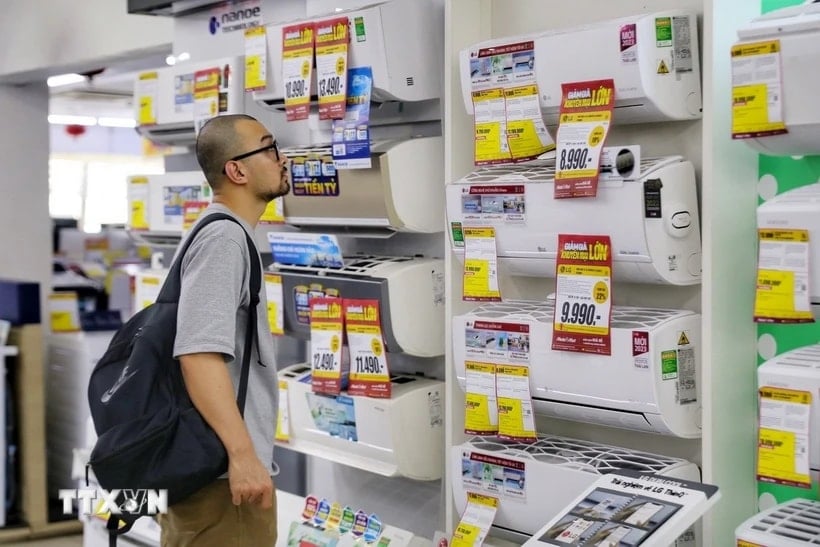
The 9th session of the 15th National Assembly officially passed the Law on Special Consumption Tax (amended) with the addition of air conditioners to the list of products subject to special consumption tax.
Experts say this is a meaningful step in achieving the goal of using energy economically, reducing greenhouse gas emissions and protecting the environment.
However, this policy is also receiving many different opinions from people and experts.
According to the new regulations, air conditioners with a capacity of over 24,000-90,000 BTU are subject to tax (no tax is collected for air conditioners with a capacity of 24,000 BTU or less and those with a capacity of over 90,000 BTU), effective from January 1, 2026.
The tax exemption for common capacity air conditioners (from 24,000 BTU or less) shows that the policy has taken into account social equity, not imposing widespread taxes on popular products that are widely used in middle-income households.
At the same time, not collecting tax on air conditioners with a capacity of over 90,000 BTU, which mainly serve industrial and large office needs, is also a way to avoid impacting large-scale production and business activities.
According to the Ministry of Finance , in recent years, the demand for air conditioners has increased, many air conditioners use refrigerants that are harmful to the ozone layer, and the electricity consumption is harmful to the environment.
The Prime Minister has also made a decision to restrict the use of substances that deplete the ozone layer.
In the world, many countries have taxed air conditioners such as Korea, India, Norway and European countries also have many policies to limit the use of air conditioners.
The imposition of special consumption tax is not only to regulate consumer behavior but also to encourage businesses to produce more energy-saving and environmentally friendly equipment.
Economists say this is the right move in the context of Vietnam moving towards a green economy and fulfilling its commitment to net zero emissions by 2050.
However, it is important to develop clear mechanisms to ensure fairness, such as tax exemptions and reductions for products that meet high standards of energy saving.
Mr. Nguyen Minh Long (Hai Ba Trung District, Hanoi) said that as soon as he heard about the special consumption tax on air conditioners, he immediately bought two air conditioners with a capacity of 28,000 BTU to install in his store because he was worried that the price would be pushed up.
Sharing the same view, Ms. Nguyen Tran Viet Ha (District 2, Ho Chi Minh City) said that the policy should have a more detailed classification, if the product saves electricity and meets environmental standards, then there should be no high tax. On the contrary, only tax should be imposed on products that consume electricity or are outdated.
Consumers need to be encouraged to use good products, not be stereotyped.
Therefore, experts say that in addition to taxation, economic experts say that the State should synchronously implement measures such as subsidizing energy-saving equipment, supporting the exchange of old machines for new ones, increasing quality control of imported goods and widely disseminating energy labels.
VN (according to VNA)Source: https://baohaiduong.vn/ap-thue-tieu-thu-dac-biet-doi-voi-dieu-hoa-nham-mo-loi-cho-tieu-dung-xanh-414680.html



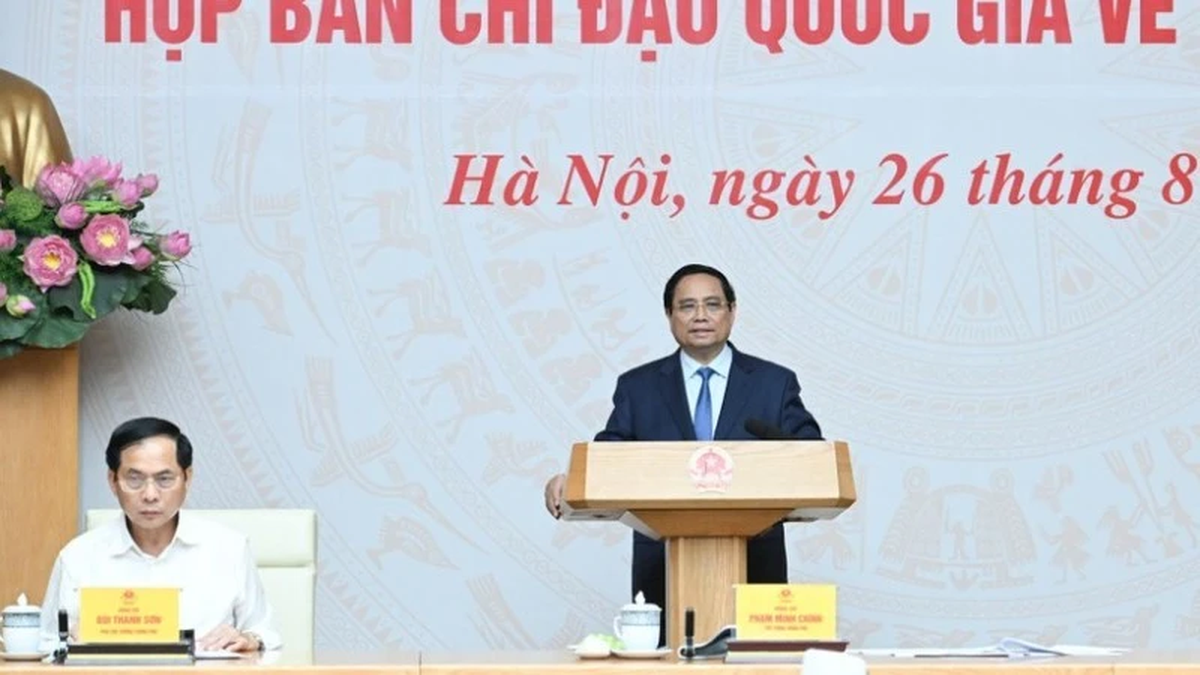
![[Photo] Prime Minister Pham Minh Chinh receives CEO of Samsung Electronics](https://vphoto.vietnam.vn/thumb/1200x675/vietnam/resource/IMAGE/2025/8/26/373f5db99f704e6eb1321c787485c3c2)
![[Photo] Multi-colored cultural space at the Exhibition "80 years of the journey of Independence - Freedom - Happiness"](https://vphoto.vietnam.vn/thumb/1200x675/vietnam/resource/IMAGE/2025/8/26/fe69de34803e4ac1bf88ce49813d95d8)
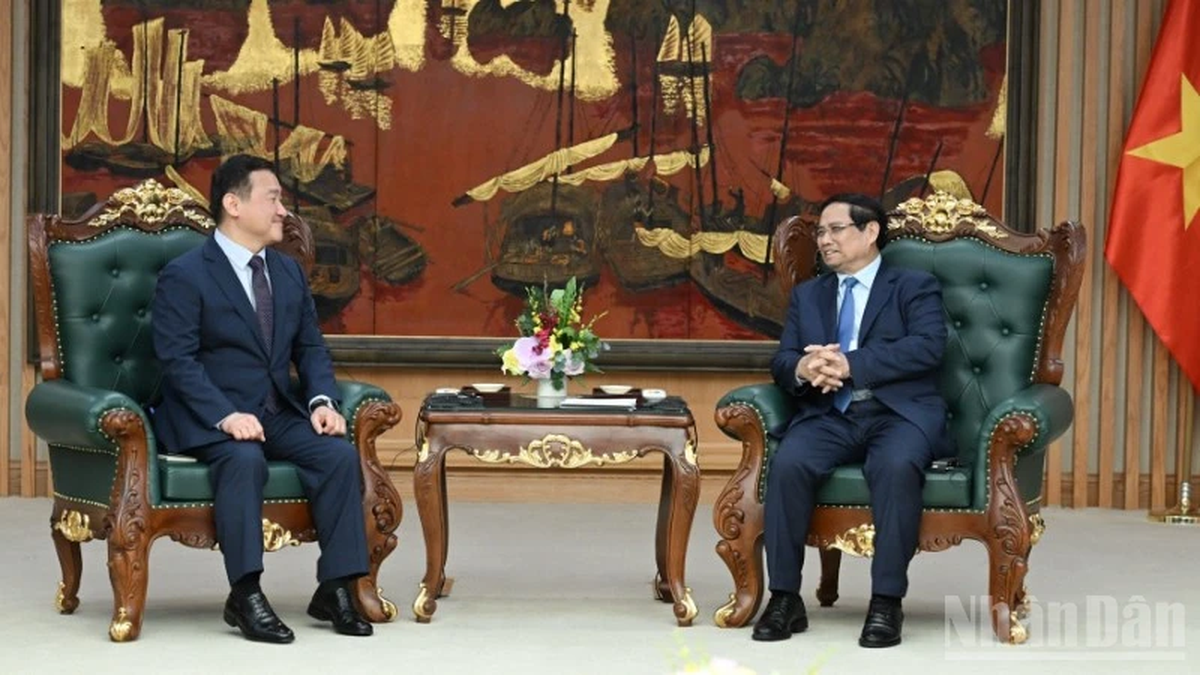
![[Photo] Prime Minister Pham Minh Chinh chairs meeting of National Steering Committee on International Integration](https://vphoto.vietnam.vn/thumb/1200x675/vietnam/resource/IMAGE/2025/8/26/9d34a506f9fb42ac90a48179fc89abb3)





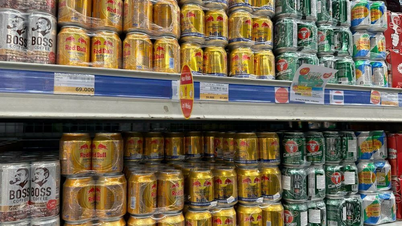

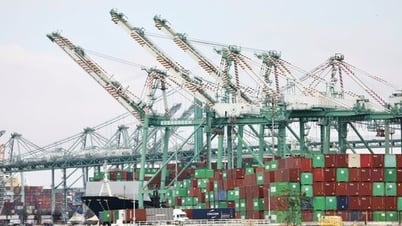

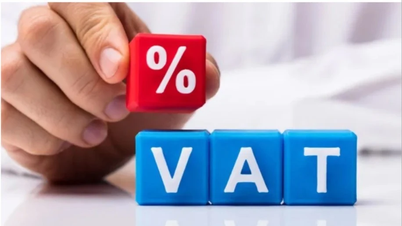
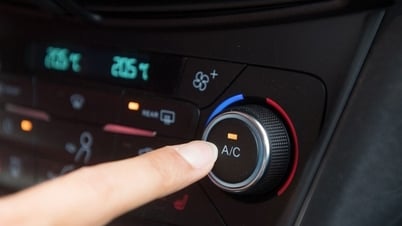

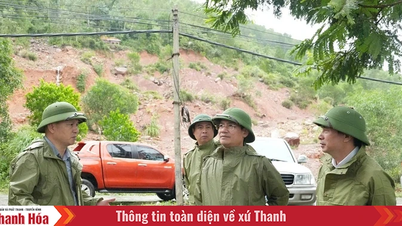

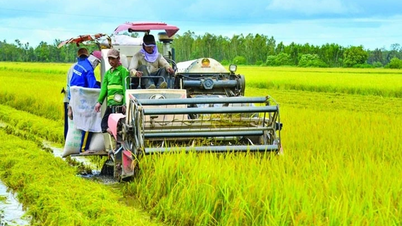

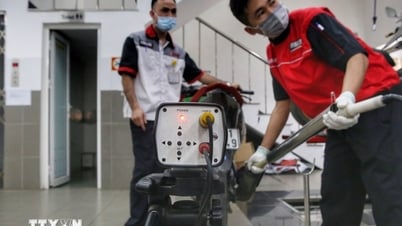
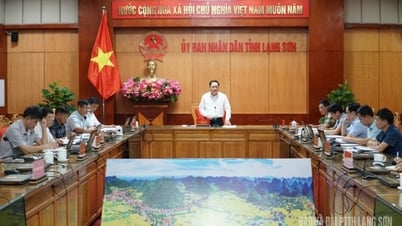

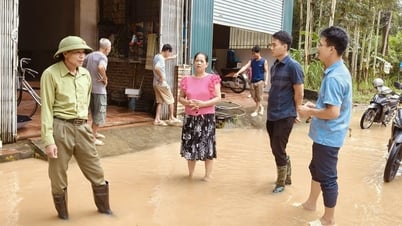





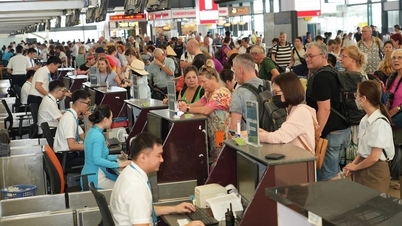

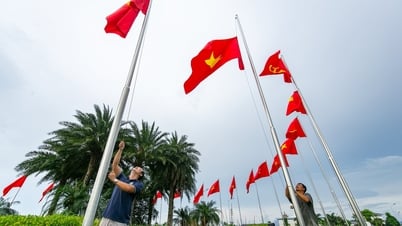
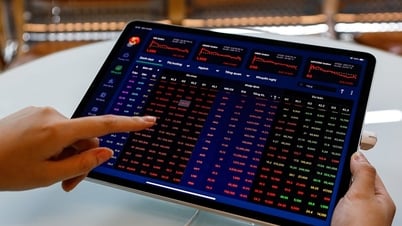
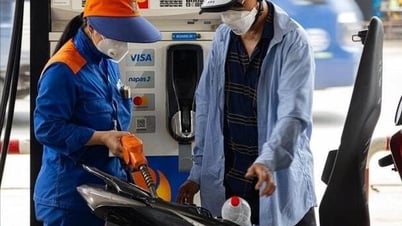
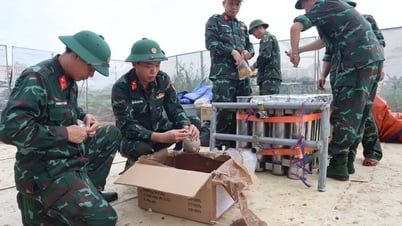




























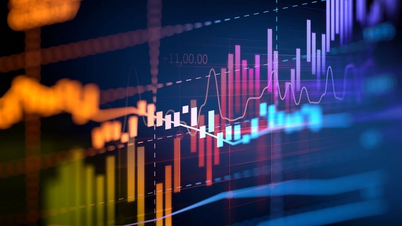
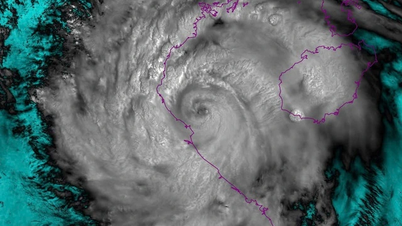


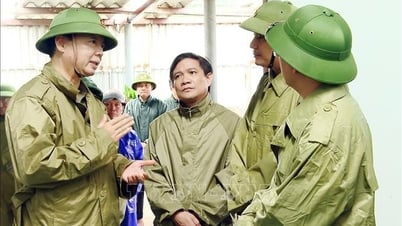

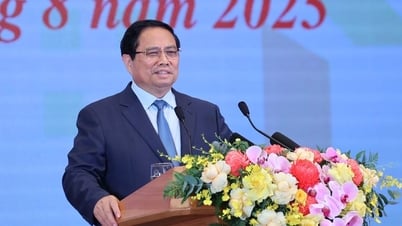


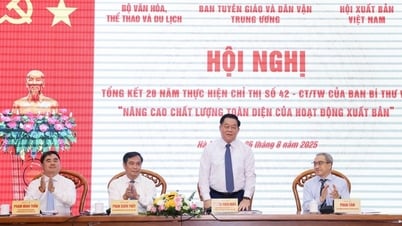
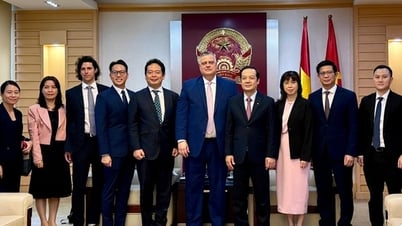

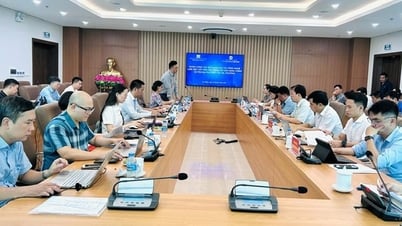
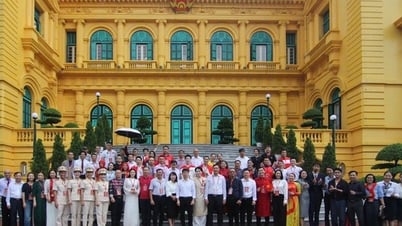
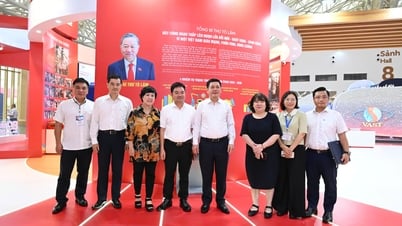

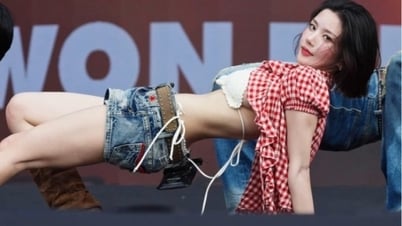

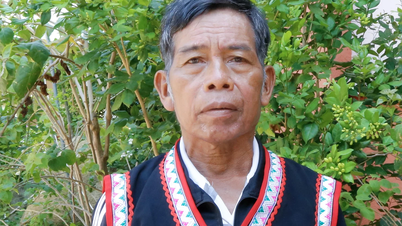

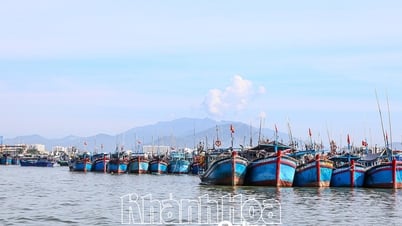
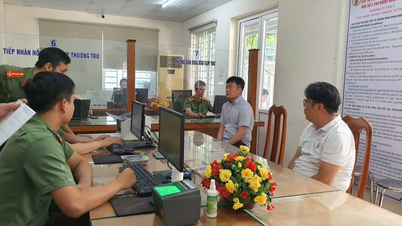

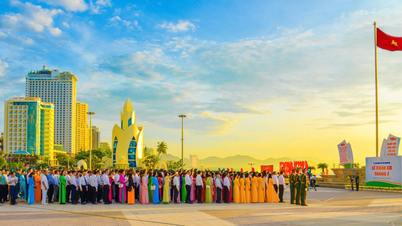



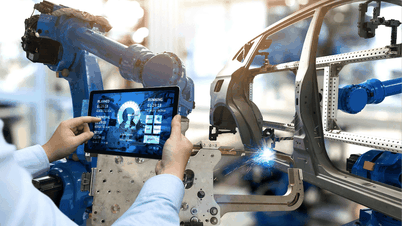
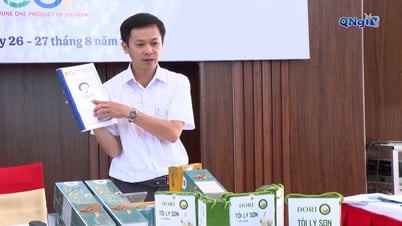






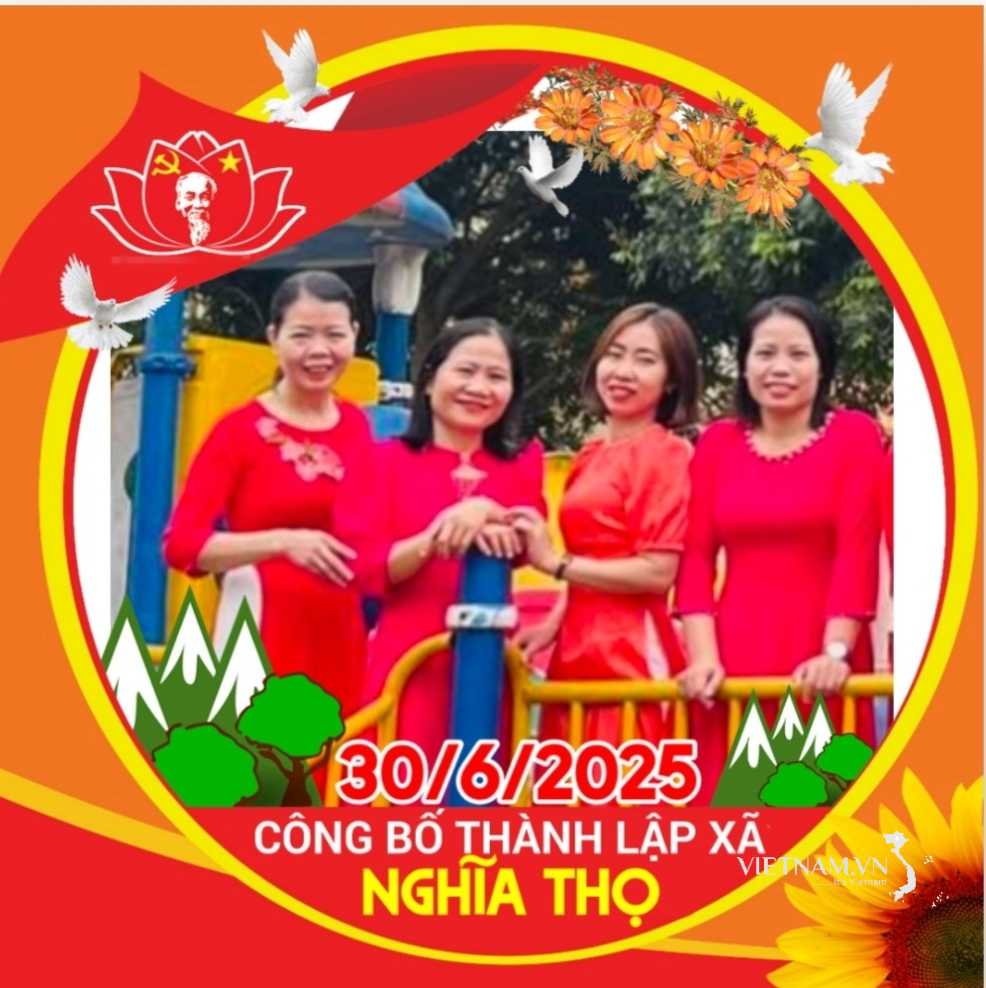



Comment (0)